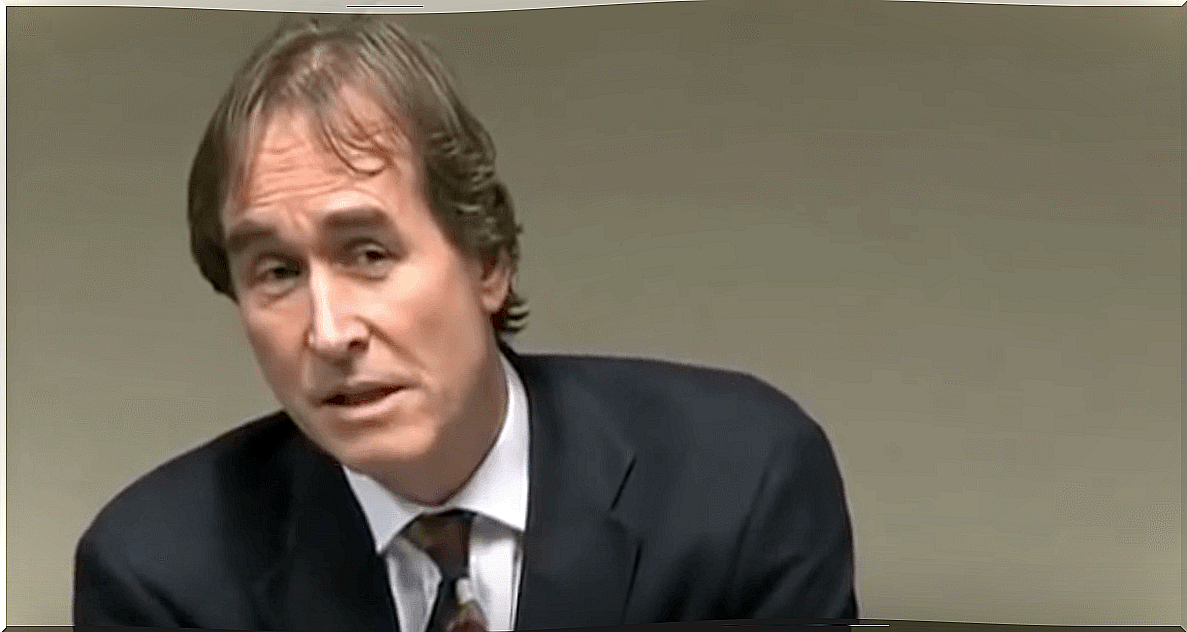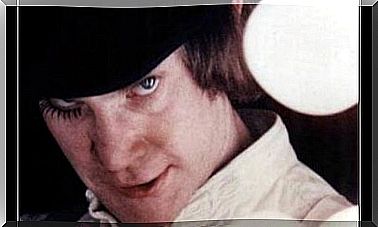David Healy, The Keen Historian Of Psychiatry

David Healy is part of that group of doctors and psychiatrists who are involved in pointing out the cracks that are present in both medicine and psychiatry. In particular, he has joined the voices that point to abuses by pharmaceutical companies and the significant changes they have introduced in medical practice.
David Healy is currently Professor of Psychiatry at Bangor University in the UK. He has training as a doctor , psychiatrist, psychopharmacologist and researcher. He is the author of more than 150 articles that were reviewed by the scientific community and another 200 published in specialized journals. Likewise, he is the author of a score of books on medical subjects.
One of his most controversial and successful works at the same time is Pharmageddon. There he makes a detailed analysis of the history of psychiatry and presents disturbing evidence about the mistakes of the pharmaceutical industry in this field. In short, most of his work is dedicated to proving that medicine ceased to be a science at the service of humanity, to become a millionaire business from which many benefit.
The issue of patents, according to David Healy
One of the issues that David Healy harshly questions is that of medical patents. During the nineteenth century and much of the twentieth, the medical community deplored the existence of patents, because they brought medicine to the realm of economic interests. A patent is a right to exploit a good. When drugs are patented, they automatically become objects that enter into the logic of supply and demand, precisely because they would be “assets to be exploited”.
In 1922, for example, Lilly tried to patent insulin. However, the medical community expressed strong rejection of this action and therefore did not succeed. Something similar happened with Jonas Salk, who declined his intention to patent the polio vaccine, for similar reasons.

Starting in the 1960s, in several countries of the world , drug patents began to be the daily bread. Pharmaceutical companies with patented products then have a monopoly on certain drugs. They control its price, its distribution and, obviously, its production. Although this has been nuanced a bit, the scheme remains the same.
The point is that this has made pharmaceuticals and medicine fall into the logic of the market : sell more, make the best profits, and make the business as profitable as possible. The consequences have been disastrous, particularly when it comes to psychiatric medications.
David Healy and his research
David Healy has published a significant number of articles pointing out that antidepressants, particularly SSRIs (selective serotonin reuptake inhibitors) contribute to suicidal ideation in depressed patients. Some very famous drugs such as Prozac, Paxil and Zoloft belong to this group of drugs. Healy has insisted that their labels should warn of this.
On the other hand, David Healy showed in detail how the drug thalidomide, a sleeping pill, caused a disaster in 1962. More than 10,000 children were born with malformations due to the ingestion of it. This led to some changes, but Healy believes that these do not attack in the background what led to that tragedy.
For David Healy, many psychiatric medications cause serious harm. Patients do not know it because there is no way to warn them of its true adverse effects. This concealment is deliberate and is further complemented by false research and publications.

Unethical practices
One of the most worrying aspects of David Healy’s complaints is the existence of “ghost writings. ” They are publications of dubious origin, which are apparently signed by experts. Healy himself was a victim of that practice.
At a meeting to promote the antidepressant Effexor, he was presented with a draft article for him to subscribe. Healy read it and made two notes against what the text said: one, that there was no evidence that this drug was better than others of its kind. The other, that its intake could generate suicidal tendencies. Despite this, the Wyeth company, which owns the drug, published the article as if its author were David Healy and omitted its annotations.
On the other hand, there is a lot of evidence that the authors of the DSM carry out studies financed by the pharmaceutical companies. The same is true of some sectors of WHO. This constitutes a conflict of interest, which is not declared. David Healy has, of course, many naysayers. Still, as in the case of other similar researchers, no one has scientifically disputed their conclusions. Nor has he been sued by any pharmaceutical company.









